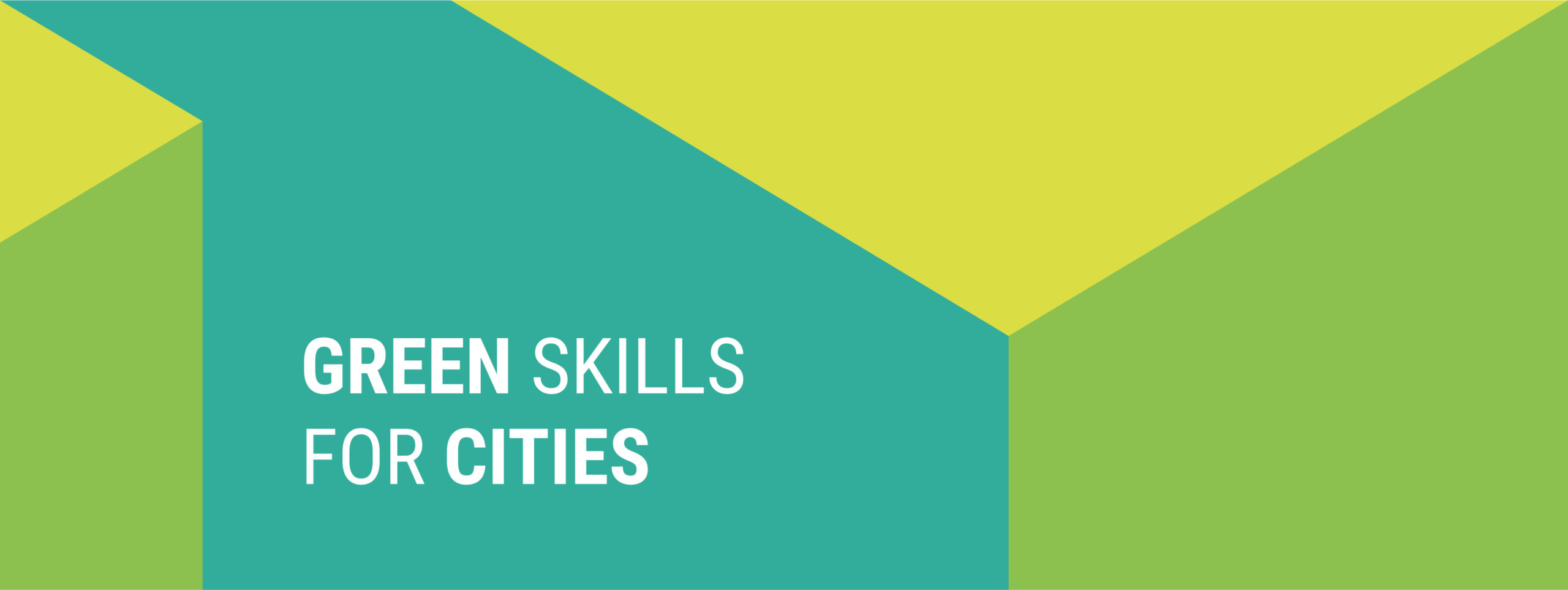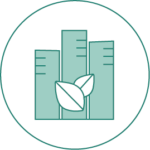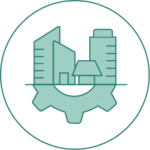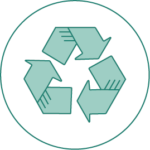
Green Skills for Cities (G4C) is a project co-funded by the Erasmus+ Programme of the European Union developed by WU, IAAC, UNIGE and ALDA. The project establishes a transdisciplinary educational platform and curricula targeted at working in the public sector, focusing on the development of skills in the field of nature-based solutions for cities.
Green Skills for Cities (G4C) establishes a transdisciplinary education platform targeted at the development of skills in the field of nature-based solutions (NBS) to be implemented in the cities. The aim is to develop curricula targeted at working in the public sector by bringing together trainers and learners from the fields of botany, technology, design and economy.

Develop curricula for professionals targeted at NBS implementation, this increasing cities sustainability

Reinforce networks in the field of urban sustainable development, establishing collaborations between HEIs, RTOs and municipalities, thus facilitating the introduction of the learners in the labour market

Increase the quality and relevance of higher education, focusing on the transdisciplinary dimension to better respond to the labour markets needs

Produce results that are reusable, transferable, and up-scalable

With about 27,000 students (23% are international students from 106 nations) the WU today is the largest educational institution for business and economics, business law, and social sciences in the EU. The university has not only a great experience with the coordination of large research projects, but also an extensive infrastructure and facilities to connect partners and stakeholders live or in effective video-conferencing rooms.
IAAC is an international centre for research, education, investigation; one of its objectives is to develop multidisciplinary programmes that explore international urban and territorial phenomena. The Self-sufficiency Agenda, central to all research lines developed in IAAC, establishes the responsibility for confronting the process of global urbanization from multiscalar operations and through prototypes that promote environmental, economic and social sustainability.

The University of Genoa is one of the most valuable cultural and scientific heritage of the Mediterranean and the Italian north-western area. The University of Genoa plays a leading role in the fields of research, innovation and technology transfer in an increasingly competitive environment at national and international level. Two Departments are taking part in the G4C project, the Architecture and Design Department and the Department for the Earth, Environment and Life Sciences.

ALDA is a global alliance of local and regional authorities and civil society actors working together with a participative approach for resilient, inclusive and sustainable communities.
